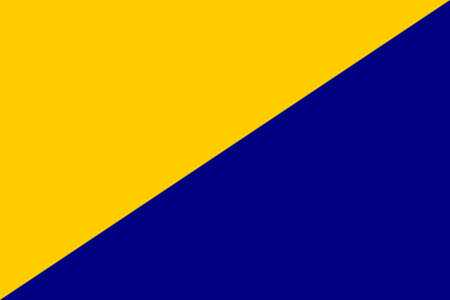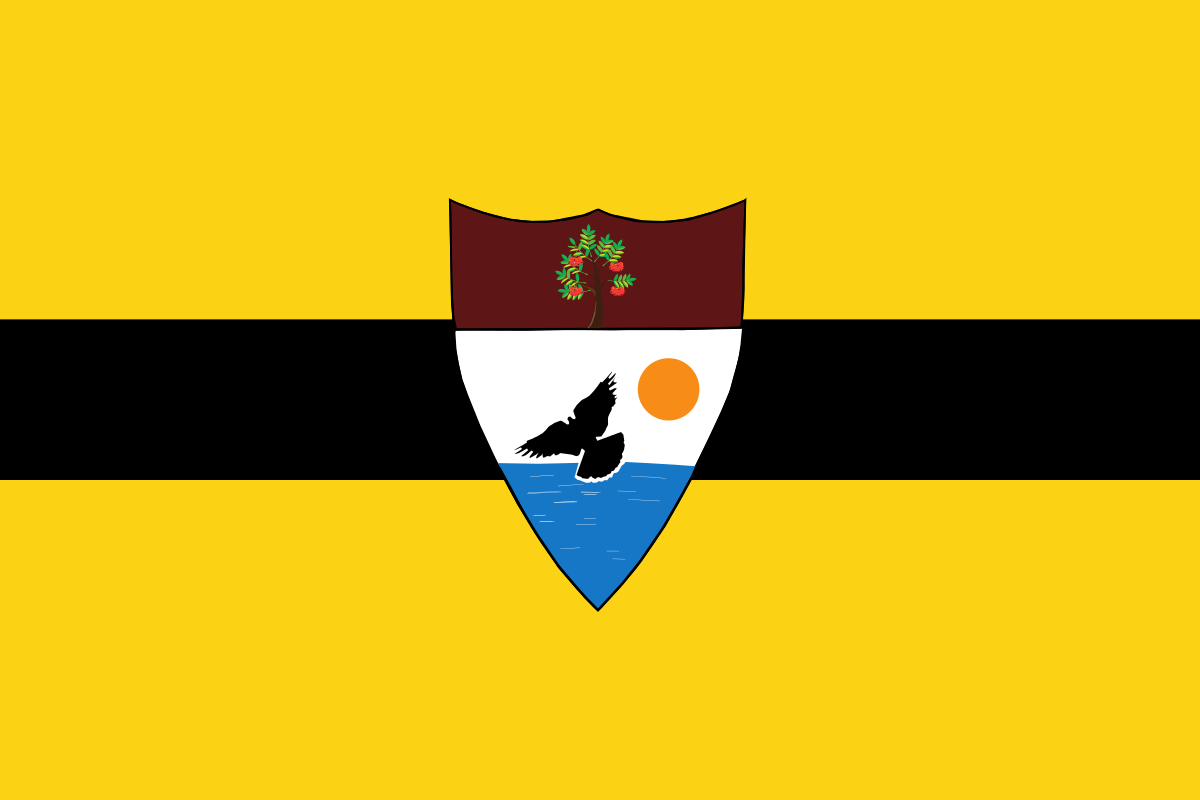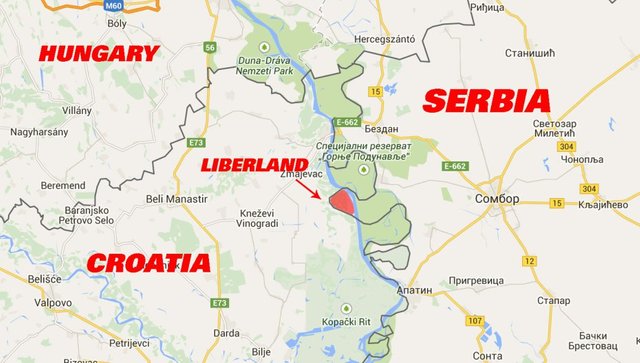An introduction to Minarchism
Minarchism is a rather unknown ideology which professes for an extremely minimalistic government with very limited functions and power. It stems from right-wing libertarianism and is closely tied to the NAP (Non aggression principle) and other libertarian philosophies like anarcho-capitalism. Both philosophies are closely tied in moral principles but differ on wether or not a state is necessary or warranted. Minarchists believe we must commit to a state by sacrificing some of our freedoms in order to maintain liberty unlike anarcho-capitalists who also see the state as an immoral mechanism yet believe it is not a requirement for the perseveration of liberty. Instead, they believe the abolition of the state is an expansion of individual freedom.
I for one have treaded the line between both ideologies and currently concede that the state is a immoral yet necessary for the preservation of liberty. I grant that neither situation is utopian but see the existence of a night-watchmen-state as having a lesser negative impact on freedom than a truly anarchist system. I believe that the centralisation of the justice system is necessary in order to uphold a truly fair justice system, but I do understand the argument for the alternative of a free market justice system.

Flag commonly used to represent minarchism.
- Deontological minarchist:believe that the existence of government and any central authority is inherently coercive yet a necessity. Consider taxation to be a necessary evil (some believe in voluntary taxation) that must be obtained via force in order to maintain this minimalistic institution which causes the least harm on freedom.
- Consequentialist minarchist: believe in the free market and its power to provide the greatest results for the populace. Usually profess Austrian economics and believe minimal state intervention is best for the economy.
Both approaches to minarchism are very different and I'm personally a deontological libertarian meaning I would still be a libertarian although it were not the most beneficial system for the collective. I believe in natural rights which are the foundation for a free and prosperous society. I don't believe any of the currently recognised governments in place are legitimate due to the current trend towards authoritarianism.
I cherish attempts that bring us farther way from government and restore our power as individuals. Because of the latter I support projects like Liberland, a micronation created by Czech politician Vít Jedlička in 2005. The project aimed to create a minarchist society reliant on voluntary contributions with a minarchistic state. The micronation has no current inhabitants but it received overwhelming support and applications for citizenship. The territory was claimed during the Croatia-Serbia dispute which basically made it "no man's land". No country belonging to the United Nations recognises Liberland as a country but that's not to stop us from applying for citizenship here.
“Life, liberty, and property do not exist because men have made laws. On the contrary, it was the fact that life, liberty, and property existed beforehand that caused men to make laws in the first place.” ― Frédéric Bastiat, The Law

Liberland's official flag.

Liberland's location inside of the land involved in the Croatia-Serbia dispute.
Nice post, I just started reading 'Anarchy, State and Utopia' by Robert Nozick a while ago, and he himself was a proponent of the minarchist state.
I probably exist somewhere between an anarchist and a miniarchist in the sense that I philosophically align with anarchy but I accept that it's possible it would not function, becuase it's entirely theoretical and untested. So I guess I'd say I'm a philosophical anarchist who would accept a pragmatic minarchist approach if there was no way anarchy would work.
Thank You for this article. I'm really really grateful.
I'm glad you liked it. I have a lot of content coming up this week, stay tuned! Also, let me know if there is a specific topic you would like to see me cover.
@Zephyr Great piece! Although not directly tied into your article, one thing that comes to mind is this: when discussing topics of governance and freedom, I think it is important to try to come to a consensus on terms generally, and three terms specifically: equality, justice, and rights. If you and the opposition can’t come to agreement on a definition for these three terms, in my experience the variances will account for the overwhelming majority of your disagreements.